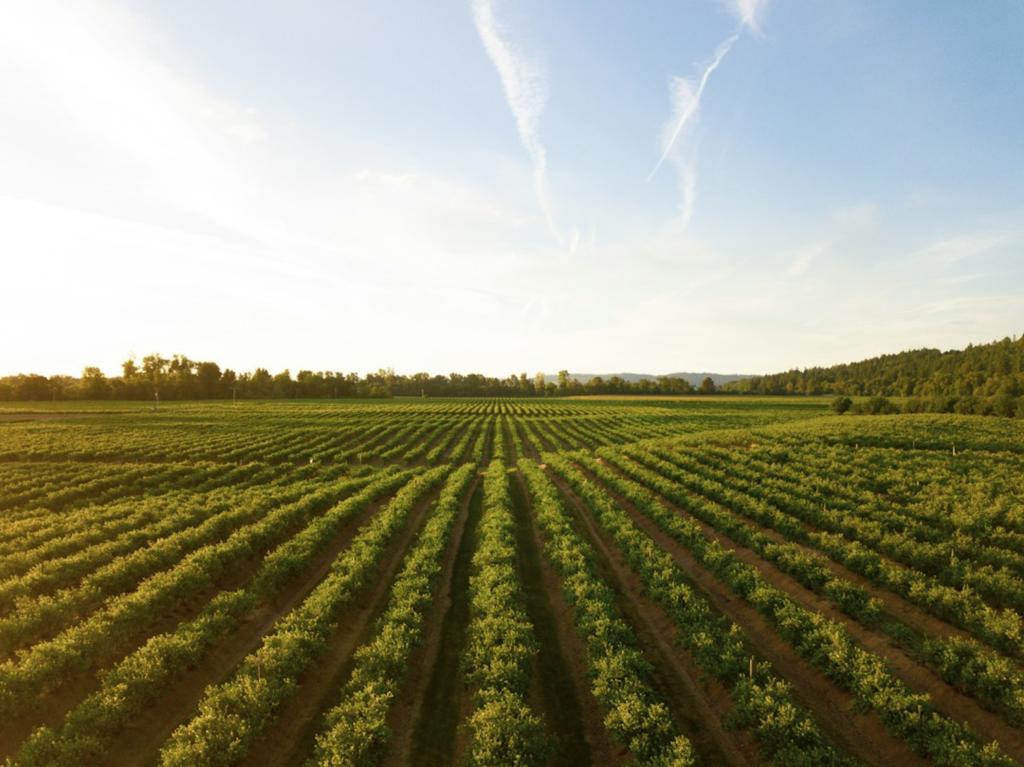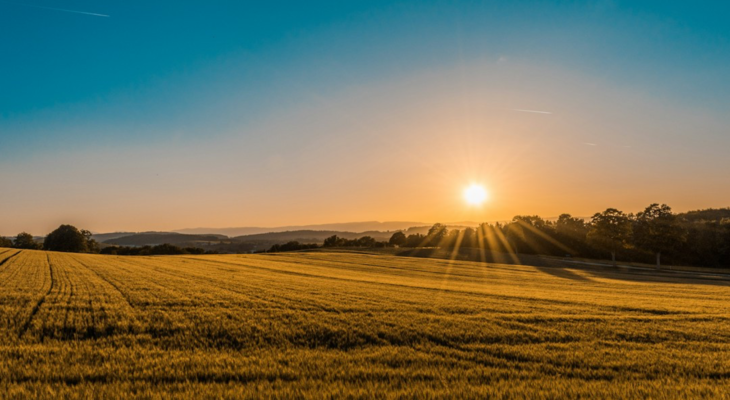Embarking on the journey of starting your own farm can be both an exciting and challenging endeavor. It’s a path that leads to a deeper connection with the land, an understanding of where our food comes from, and a rewarding sense of accomplishment. However, starting a farm is no small feat. It requires careful planning, dedication, and a willingness to learn and adapt. Whether you’re dreaming of a small family farm or a larger agricultural enterprise, there are key steps and considerations that can help guide you toward success. In this article, we’ll explore some helpful tips for starting your own farm, ensuring that you’re well-equipped for this agricultural adventure.
Understanding Your Land and Climate
The first step in starting a farm is to understand the land and climate you are working with. This knowledge is crucial in determining what crops or livestock will thrive on your farm. Begin by testing the soil to understand its type, pH level, and nutrient content. It’s equally important to research the climate in your area, including rainfall patterns and temperature ranges. In colder regions, like Saskatchewan, managing your machinery needs becomes essential. Establishing a relationship with a reliable fuel supplier in Saskatchewan, for instance, can ensure that your farm operations run smoothly throughout the year.
Securing Financial Stability

Securing financial stability is vital when starting a farm. Begin by preparing a detailed business plan that outlines your goals, expected costs, and projected income. This plan will be invaluable in securing loans or investments. Additionally, consider the importance of business insurance to protect your investment from unforeseen events. Insurance can cover a range of issues, from crop failure to property damage, ensuring that your farm remains financially viable in the face of challenges. Keep in mind that farming often requires a significant upfront investment, but with careful planning and management, it can become a sustainable and profitable business.
Choosing Your Farming Type and Scale
Deciding on the type and scale of your farm is a critical decision that will shape your farming journey. Do you want to focus on crops, livestock, or a combination of both? Consider starting small and gradually expanding as you gain experience and understand the market demands. It’s also important to think about whether you want to pursue conventional farming, organic farming, or a more specialized approach like permaculture. Each type has its own set of practices, regulations, and market opportunities. Remember, it’s better to start small and grow steadily rather than overextend yourself early on.
Investing in the Right Equipment and Technology

Investing in the right equipment and technology can significantly impact the efficiency and productivity of your farm. From basic tools like tractors and plows to more advanced technology like irrigation systems and greenhouse facilities, the right equipment will make your farming operations smoother and more efficient. It’s also worth exploring new agricultural technologies that can help with things like soil health monitoring, precision farming, and sustainable resource management. Keep in mind that while initial investments can be high, they often pay off in the long run through increased productivity and reduced labor costs.
Building a Network and Marketing Your Farm
Building a strong network and marketing your farm is key to its success. Connect with other local farmers, agricultural extension offices, and farming groups to share knowledge and resources. Attend farming conferences and workshops to stay updated on industry trends and techniques. Marketing is also crucial—develop a brand for your farm and consider various channels to sell your products, such as farmers’ markets, local grocery stores, or online platforms. Effective marketing strategies can help you reach a wider audience and establish a loyal customer base.
Planting Seeds for the Future
In conclusion, starting your own farm is a journey that requires patience, resilience, and a continuous willingness to learn and adapt. From understanding your land and climate to building a robust network and effective marketing strategies, each step is an integral part of laying the foundation for a successful farming venture. Remember, farming is not just a business; it’s a lifestyle that connects you with the rhythms of nature and the community. As you embark on this fulfilling path, keep your goals in sight, and don’t be afraid to seek guidance and support along the way. Your dedication and hard work will eventually bear fruit, leading to a thriving farm that not only sustains your livelihood but also contributes to the well-being of your community and the environment.

